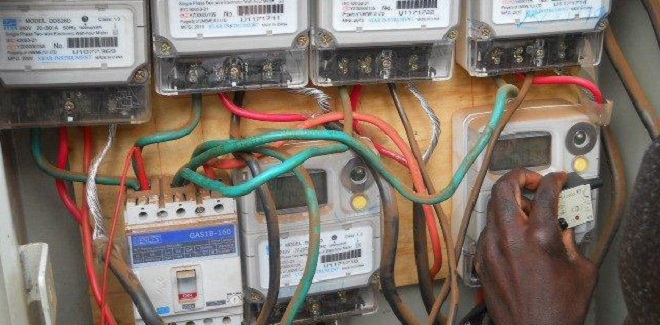
COMMENT: David Birungi
Why should the leaders of the digital revolution suffer over Uganda’s electricity demand growth rigidities?
At the recently concluded Daily Monitor Thought Leader’s Forum themed around the global `Digital Revolution’, I was amazed by the revolution of HelloFood, an Online Food delivery business. According to the CEO Ron Kawamara, HelloFood employs over 100 employees. However, Hellofood is metered on low voltage, precisely 240Volts, just like domestic consumers. Hellofood’s metering exemplifies the trap for the energy regulatory framework in which such businesses operate. This is why.
Hellofood reveals something interesting that is happening on the electricity demand side. Businesses like HelloFood that thrive online are mainly service industries, and are leveraging the falling data and device prices to improve their profitability. Any attempt to grade them based on their power consumption, for purposes of tariff determination would be misleading. Some have taken the noble step of using renewable sources. They create tens of jobs in the digital space for people like copywriters, website content editors, App developers, data analysts, and many more in related fringe and support businesses.
Instead of favouring them, the current tariff structure appears to motivate such businesses to increase their consumption if they are to benefit from the lower rates enjoyed by businesses. The current tariff structure looks at the Load (Power demand) they are making on the national grid only.
But these online businesses, just like many start-ups, will most likely be operating from home, some in the garage where they are metered at 240Volts and therefore pay the high domestic rate of USD 0.19 per kWh. Yet these online businesses are able to rake in millions of shillings, expand their tax contributions, grow jobs, and make NSSF returns without increasing their energy consumption to levels that warrant them to be metered on three phase where the price is lower. The Electricity Regulatory Authority (ERA) is not blind to this fact.
As ERA is expected to issue Quarter 3 rates anytime, it is expected to call for another public hearing in December 2016 to set 2017 tariffs. Online Businesses should start preparing to make a case for a tariff category that reflects their special position. Other than just demand on the national electricity grid, such businesses could make a case based on the entity’s output; that is the entity’s job creation, compliance with labour, tax, and environmental obligations.
As Uganda looks for new solutions to stagnated demand, the backbone for digital services in form of internet infrastructure is where power consumption would be significant. This is important as telecoms position themselves to maintain uptime to nearly 99% all the time.
The supply side is also, as always, very interesting. The debate on where the Energy Fund money should be spent continues to grow with many experts jostling for prominence in the generation subsector. This is clearly manifested in the myriad contestations surrounding the Karuma 600 MW, and Isimba 183 MW dam projects. We pray that any issues are resolved quickly.
The National Development Plan II envisages that our currently installed generation capacity of 862 MW will have grown to 2500 MW by 2020, and that the rather creeping demand of 530MW will have grown fast enough to increase our energy consumption from the current 80kWh to 578kWh per person.
Part of the solution to ensuring that these demand targets are successfully met lies in the digital revolution. It will allow information sharing and, hopefully, that will improve farm gate prices. In the meantime, let us sort out our agricultural productivity to increase output. With increased output, agro processing which is the driver for electricity demand will have sufficient agricultural output to process to make investments in electricity generation worthwhile.
David Birungi, Manager Digital Media Services, UMEME
****
editor@independent.co.ug
 The Independent Uganda: You get the Truth we Pay the Price
The Independent Uganda: You get the Truth we Pay the Price



